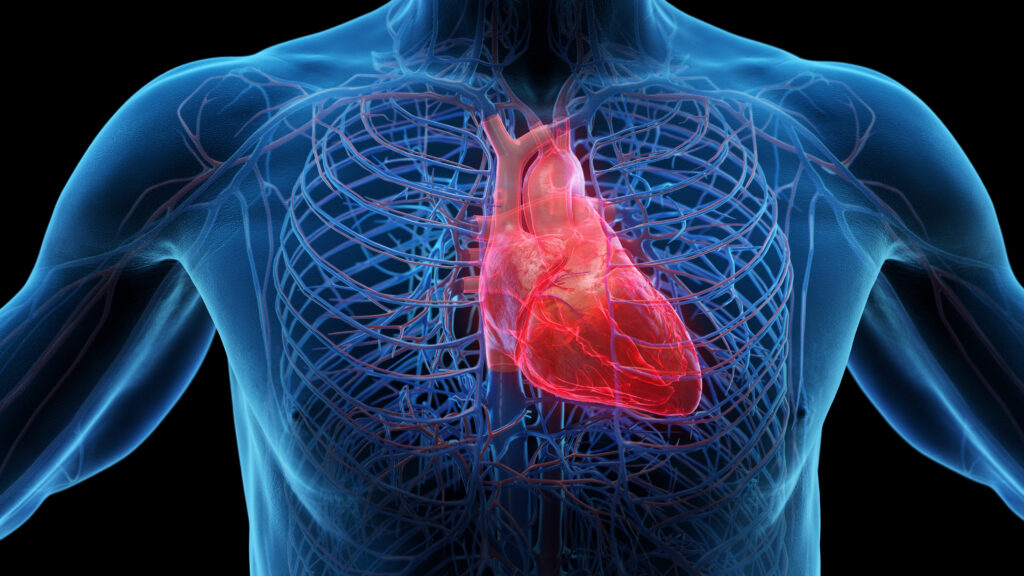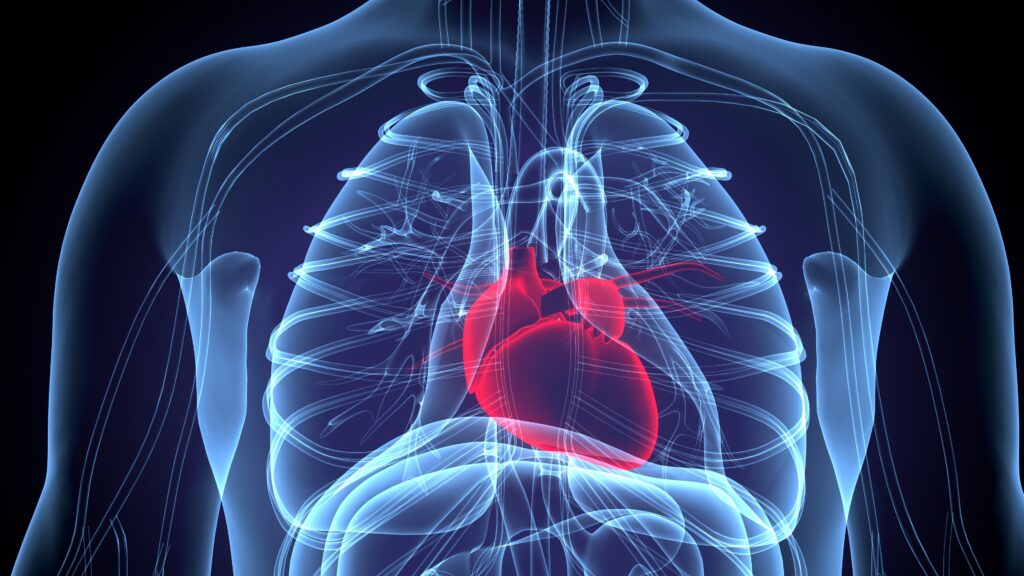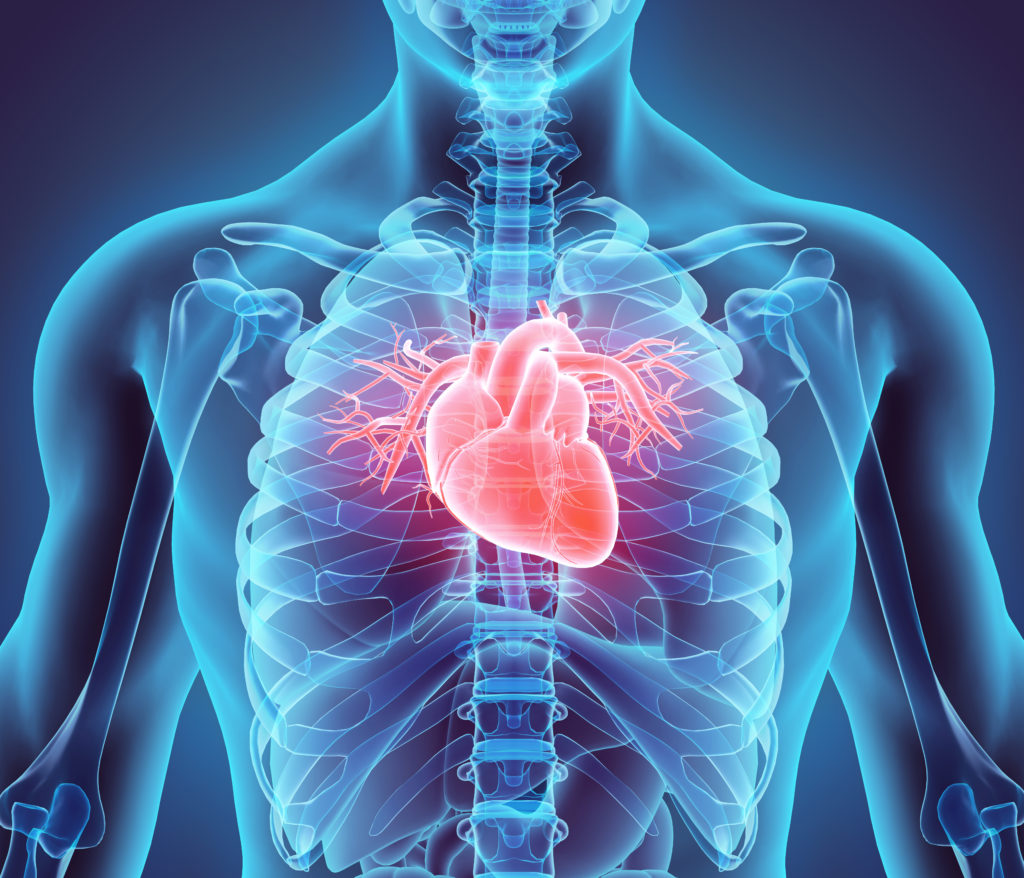Background: In patients presenting following a first implantable cardioverter defibrillator (ICD) therapy, the risk of a subsequent ICD therapy is elevated. The most effective way to treat these patients is unknown. We hypothesised that in patients presenting following their first ICD therapy, a multifaceted approach combining treatment strategies would lead to a reduction in the risk of subsequent therapy compared to using single strategies alone.
Methods: We included consecutive patients undergoing ICD implantation between 2009 and 2019 at King’s College Hospital, London who had experienced their first ICD therapy. We assessed the use of 7 specific treatment strategies (starting/increasing betablockers, starting/increasing non-betablocker prognostic heart failure medications, starting/increasing antiarrhythmic drugs, ICD reprogramming, ablation, ICD lead upgrade/revision and coronary revascularization) introduced after the first ICD therapy. We evaluated the association between the introduction of these treatment strategies and the risk of a subsequent ICD therapy during follow-up.
Results: We assessed 1,003 new ICD recipients; during a mean follow-up of 1,519 ± 1,055 days, 267 experienced a first ICD therapy (212 appropriate and 55 inappropriate) and were included in the analysis.
During a mean follow-up of 1,126 ± 1,103 days following the first appropriate therapy, 113/212 patients had a subsequent appropriate ICD therapy, of which 66 had an appropriate shock. Compared to patients where 0/7 treatment strategies were used (n=59), patients where 1/7 treatment strategy was introduced (n=80) had a 42% lower risk of a subsequent appropriate therapy and ³2/7 treatment strategies (n=73) was associated with a 57% reduction (p=0.002).
During a mean follow-up of 1,340 ± 1,305 days following a first inappropriate therapy, 18/55 patients had a subsequent inappropriate ICD therapy, of which 15 had an inappropriate shock. Compared to patients where 0/7 treatment strategies were used (n=8), patients where 1 treatment strategy was introduced (n=22) had an 86% lower risk of a subsequent inappropriate therapy and ³2/7 treatment strategies (n=25) was associated with a 94% reduction in the risk of a subsequent inappropriate therapy (p<0.001).
These associations remained significant when adjusted for baseline variables.
Conclusions: For both appropriate and inappropriate therapy, the risk of a subsequent ICD therapy is significantly elevated following the first therapy. A multifaceted approach combining treatment strategies may be more effective than the use of individual strategies alone to prevent subsequent therapy in patients presenting following a first ICD therapy. ❑












